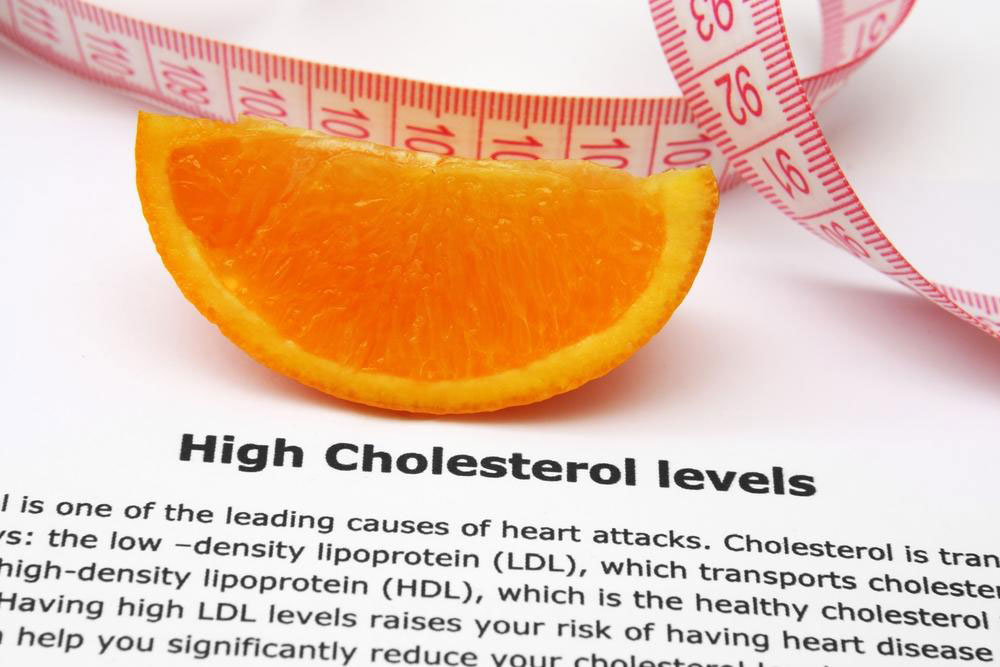Effective Strategies to Reduce Belly Fat and Improve Overall Health
Discover effective, natural strategies to reduce belly fat and improve health. This comprehensive guide covers causes, health risks, and practical tips including diet, exercise, and lifestyle changes. Learn how to implement sustainable habits for long-term fat loss, health benefits, and better well-being.

Comprehensive Guide to Losing Belly Fat Safely and Effectively
Proven methods for successfully reducing stubborn belly fat
Excess belly fat is not merely an aesthetic concern—it poses significant health risks, including an increased likelihood of developing cardiovascular diseases, type 2 diabetes, metabolic syndromes, and certain types of cancer. Interestingly, even individuals who appear slim or maintain a healthy weight can carry excess visceral fat around their abdomen, which is often hidden beneath the skin. This emphasizes the importance of focusing on belly fat reduction as part of a holistic health strategy.
While losing belly fat can be a challenging process, adopting a steady and persistent approach generally delivers better health benefits than seeking rapid results. Understanding the underlying causes of abdominal fat accumulation is crucial in devising effective strategies. Therefore, a combination of lifestyle modifications, dietary changes, and targeted exercises forms the cornerstone of successful belly fat reduction.
Explore comprehensive tips below to combat belly fat and enhance your wellness.
What causes excess belly fat?
Sedentary lifestyle – A lack of physical activity is a primary contributor to accumulating visceral fat. Modern routines often involve prolonged periods of sitting at work or home, which significantly contributes to fat storage around the abdomen. Incorporating at least 30 minutes of moderate exercise daily—such as walking, cycling, or swimming—is vital for counteracting this trend. Individuals with health limitations should seek medical advice before initiating new activity routines.
Hormonal changes, especially during menopause – Fluctuations in hormones like estrogen can lead to increased fat deposits in the lower belly area, making weight management more complex for women in menopausal stages.
Chronic stress and elevated cortisol levels – High-stress levels induce cortisol secretion, a hormone that promotes the storage of fat in the abdominal region, often making the waistline expand even if overall weight remains stable. Managing stress through mindfulness, meditation, or relaxation techniques is key.
Genetic tendencies also influence how and where your body stores fat, making some individuals predisposed to developing excess belly fat more than others. Recognizing these tendencies can motivate more targeted efforts for fat reduction and health improvement.
Health complications associated with excess belly fat include:
Cardiovascular issues – Visceral fat elevates blood pressure, increases bad cholesterol levels, and raises the risk of heart attacks and strokes.
Type-2 diabetes – Abdominal fat correlates strongly with insulin resistance, making blood sugar regulation more difficult and increasing the likelihood of diabetes.
Cancer risk – Fat tissue releases cytokines and hormones that may stimulate cell proliferation, thereby increasing the risk of developing certain cancers.
Sleep disorders, including sleep apnea – Excess belly fat can interfere with breathing during sleep by obstructing airways and affecting chest movement, leading to disrupted rest and further health complications.
Natural and effective methods to reduce belly fat
Increasing soluble fiber intake, such as oats, legumes, and fruits, helps create a gel-like substance in the digestive system, promoting satiety and reducing overall calorie intake.
Avoiding trans fats, commonly found in processed foods, baked goods, and fast foods, is crucial since these fats are strongly linked to abdominal obesity and cardiovascular risks.
Limiting alcohol consumption reduces calorie intake and prevents fat accumulation around the stomach.
Incorporating high-protein foods like lean meats, fish, eggs, and plant-based sources such as legumes and nuts supports weight loss and fat burning efforts.
Managing stress by engaging in relaxation activities can significantly aid in reducing cortisol levels and, consequently, belly fat.
Reducing intake of added sugars, including sugary drinks and snacks, supports overall fat reduction efforts due to their high calorie content and metabolic impact.
Combining a balanced, nutritious diet with consistent physical activity accelerates fat loss and enhances overall health.
Popular dietary approaches for targeting abdominal fat
Atkins diet – Focuses on high protein and fats initially, with a gradual reintroduction of carbs, which aids in overall weight loss and fat reduction.
Paleo diet – Emphasizes eating whole, unprocessed foods similar to ancient hunter-gatherer diets to help reduce belly fat effectively.
Vegan diet – Plant-based diets excluding all animal products, which can promote weight loss and improve metabolic health.
Keto diet – A low-carb, high-fat regimen that encourages the body to burn fat for energy, leading to significant reductions in belly fat.
Always consult a healthcare professional before starting any new diet plan to ensure it aligns with your individual health status and nutritional needs. Adopting sustainable eating habits and maintaining an active lifestyle are essential components for long-term success in belly fat reduction and overall health enhancement.





